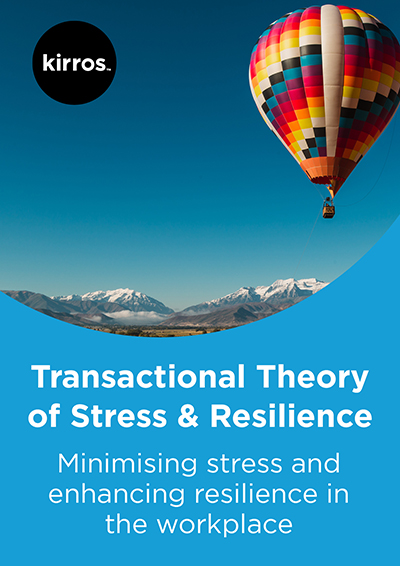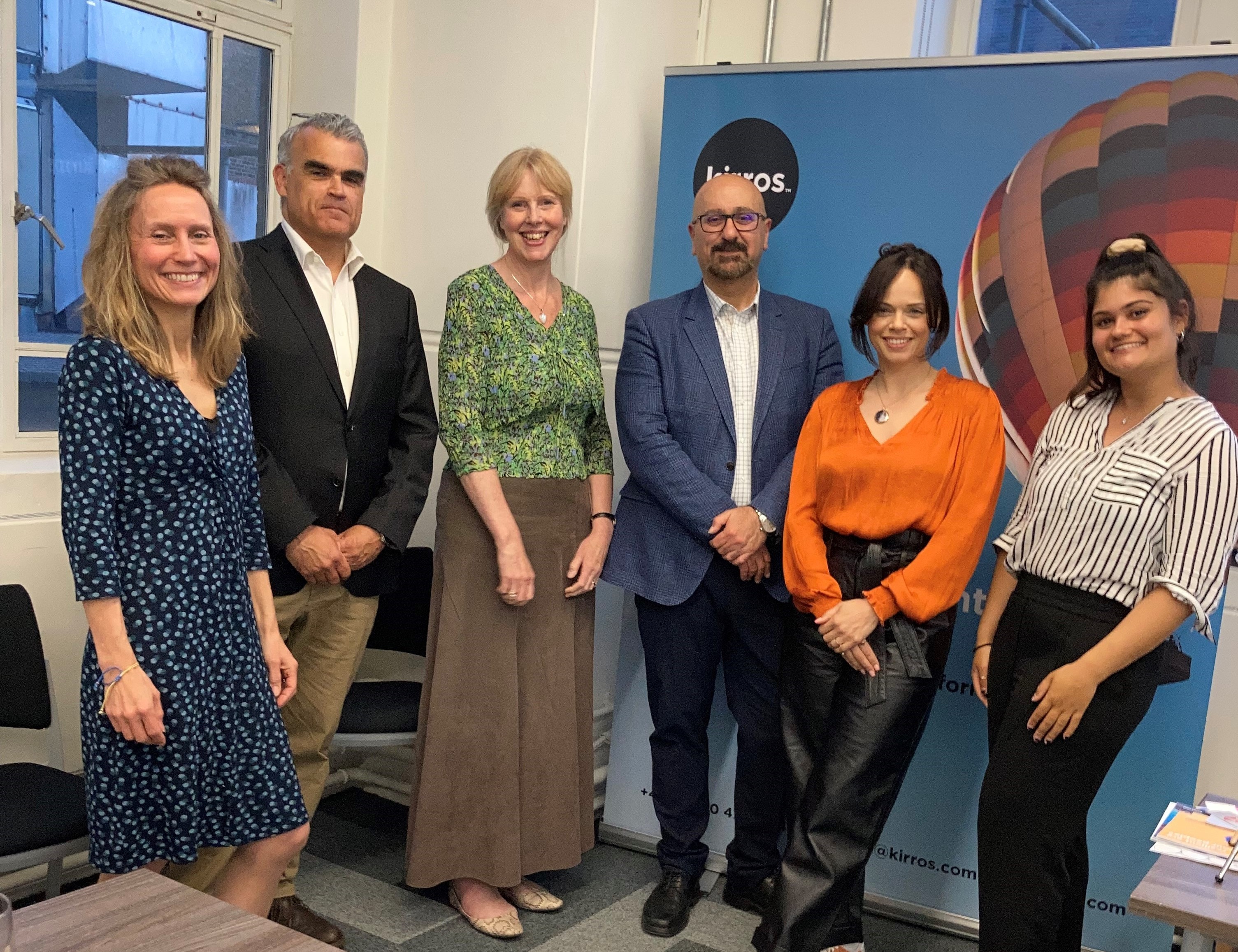RQi Resilience Masterclasses |
These sessions are free for certified RQi™ Practitioners; tickets are available to others at £35 per session (~2 hours). The next masterclass will be held in Sept 2022 with consultants, executive coaches and RQi™ Master Practitioners Jayne Marks and Janet Grant. |
The Kirros team were delighted to welcome Avy Joseph as guest speaker at the RQi™ Resilience Masterclass on 12th May in London. Avy is a leading Cognitive Behavioural Therapist, author and co-founder of the College of Cognitive Behavioural Therapies. His book Cognitive Behavioural Therapy: Your route out of perfectionism, first published in 2009, is now in it's 3rd edition. He has also co-authored two books with former business partner Maggie Chapman: Visual CBT and Confidence and Success with CBT.
At the RQi™ Masterclass, Avy talked about the origins and philosophy that underpins Rational Emotive Behaviour Therapy (REBT) and how it is applied to support wellbeing and resiliency. Avy and Matthew Critchlow also talked about the links between REBT, the RQi™ constructs and the RQi™ coaching methodology.
For a summary of the topics we discussed, please download our presentation:
Overview
RQi™ resilience coaching is strongly influenced by “humanistic” forms of one-to-one therapy, including Rational Emotive Behaviour Therapy (REBT). RQi™ resilience coaching and REBT have similar aims and similar practical approaches. They are both goal-orientated, one-to-one interventions that aim to equip clients with the insights and skills to manage "unhealthy" negative emotions and promote wellbeing. Like REBT, resilience coaching is also based on the assumption that beliefs have a significant impact on our wellbeing and that emotions are largely the consequence of the views we take of events rather than the events themselves. Both REBT therapists and RQi™ resilience coaches provide non-judgemental support for people, focusing on what’s happening in the present and the goals people want to achieve for life in general.
That said, coaching is not therapy. RQi resilience coaching is not designed to help people manage the symptoms of a mental health condition. Coaching is for everyone; it teaches self-management skills for resilience and wellbeing that are applicable to all. For some, coaching may be a supplement to talking therapies.
If you'd like to learn more about training as an RQi Practitioner, please join one of the introductory webinars; see our Events page for the next session.
A new 'joined-up' way to tackle stress and boost resilience in the workplace
Download our report to uncover a new approach to tackling stress and enhancing resilience and wellbeing in the workplace.

